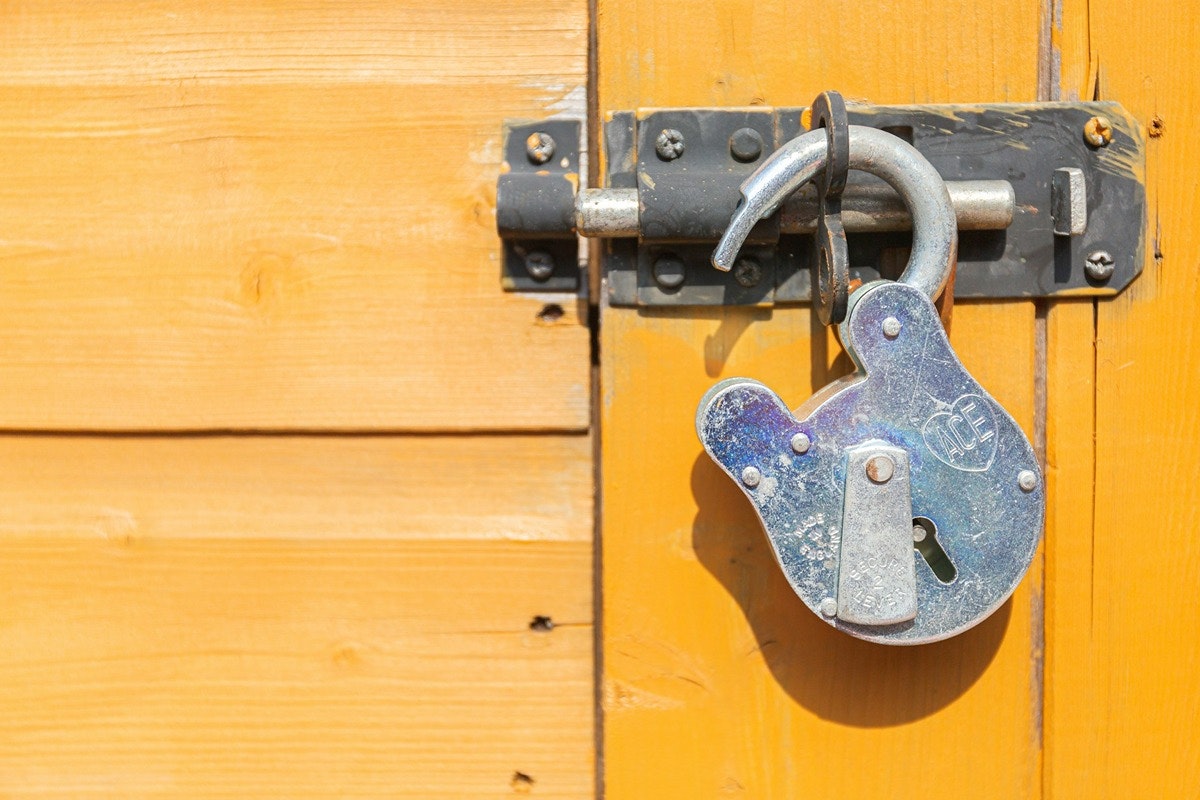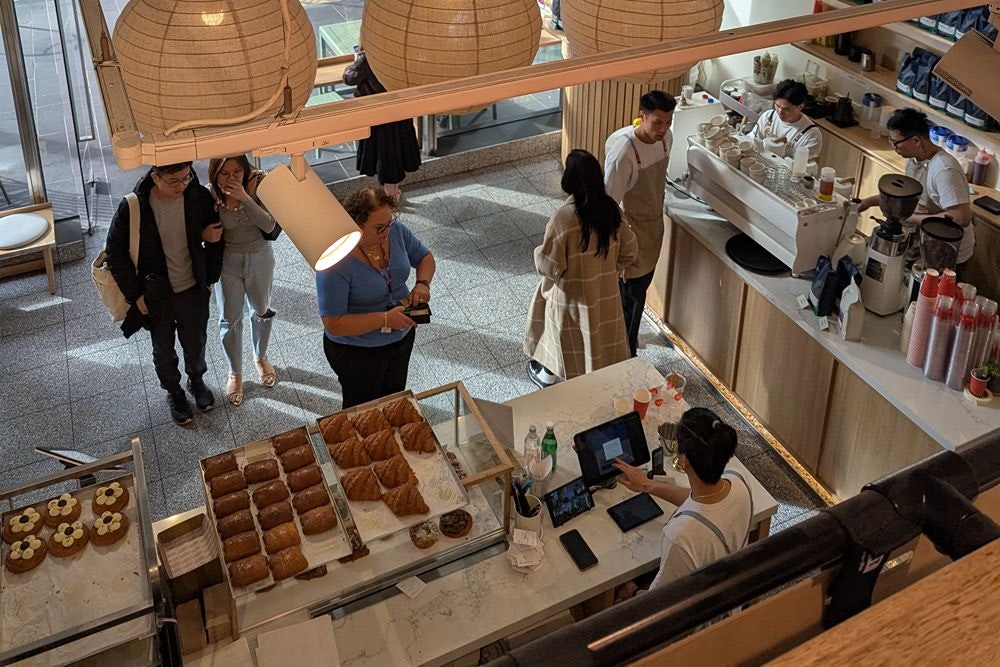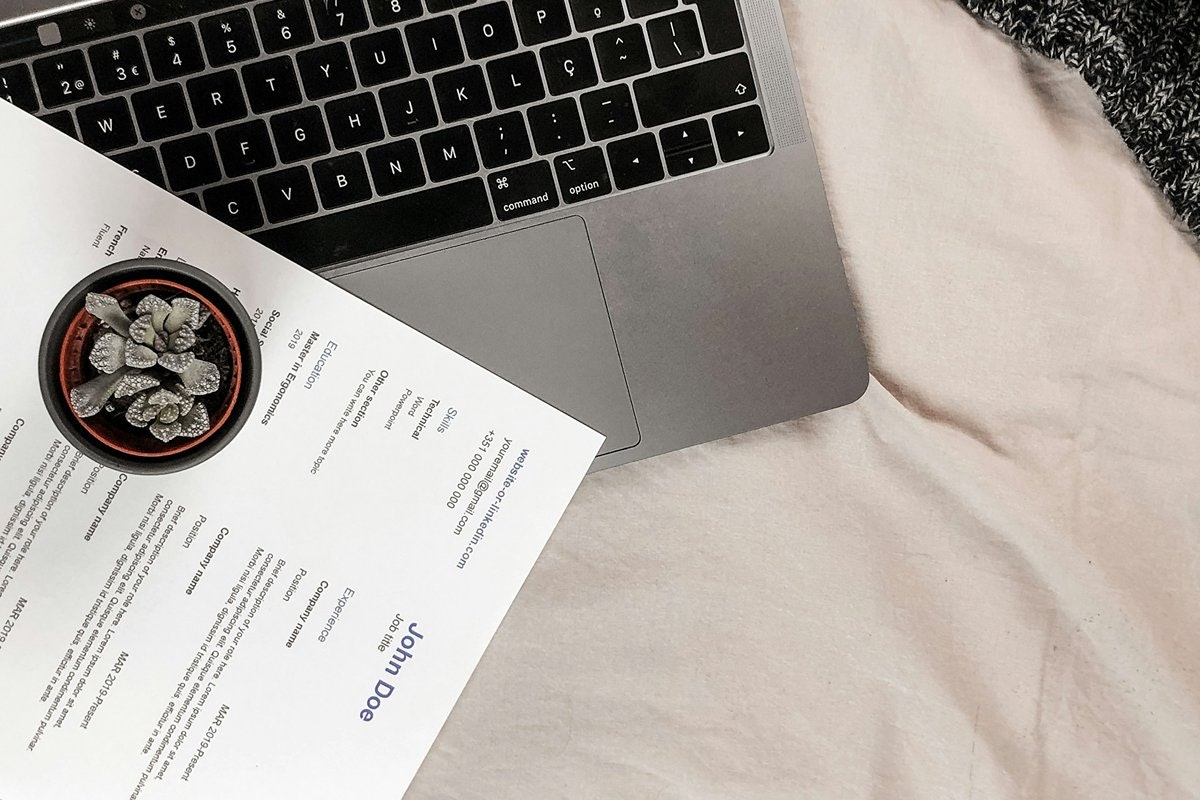Unlock opportunities: Practical tips for landing your first job in Australia
Just arrived in Australia and looking for work? Read on for the most effective tips to find a job in Australia as soon as possible!

By:
LINA AVILA HENAO
Last Updated:
Jun 3, 2025
Tags:
#work
In this article
Finding a job in Australia can be nerve-racking, and you might be spending a lot of time thinking about how to land one as soon as you step off the plane. But let me tell you, securing a job is not just about luck; it’s about strategy.
This article is for students who have just arrived in Australia and are looking to learn about tools to optimize their job search and be prepared when applying for jobs.
We’ll cover topics like the most common jobs, the importance of expanding your network to learn about job opportunities, and how to prepare with knowledge and skills to succeed in your search.
Lets dive in!
Tip 1. Expand Your Network - Befriend Everyone
The more people you meet, the more chances you have of hearing about job opportunities or calls for resumes and applications. Perhaps someone knows their workplace is hiring and can recommend you.
Australians greatly trust the endorsement a person gives for another and call it “word of mouth” which basically means “a recommendation from a person that they have a connection to".
Many positions are not advertised on regular job search sites; business managers prefer hiring someone recommended by an insider and fill the position based on those recommendations.
Tip 2. Come with an Open Mind
Most jobs for international students are unskilled (initially) and often depend on your English level, so you may need to change your mindset and dive into jobs you might not have done before.
It’s common for students to work in cleaning, hospitality (bars, restaurants, hotels, etc), construction, moving services, or childcare industries.
This doesn’t mean you have to stick with these jobs forever. As soon as your English improves, you can start climbing the professional ladder. Believe me - your mentality will change too when you receive your first paycheck!
Lina's experience
I started working as a cleaner at a very prestigious private school in Melbourne, where I stayed for almost two years. It was a meaningful experience in many ways. On a personal level, it taught me humility and patience. Being in such a demanding environment, surrounded by people with very different realities from mine, made me reflect on my own goals and values. At first, it was challenging to adapt: the days were long, the work was physically demanding, and I often felt invisible. However, over time, I learned to take pride in doing my job well, to appreciate the effort behind every task, and to never underestimate any type of work. That period helped strengthen my character and gave me a new perspective on labor and dignity.
However, it is important to say that I’ve met international students with student visas who managed to work part-time in offices, but as I said before, they already had a good level of English that allowed them to have an interview and demonstrate their skills to do the job in English.
Another point to consider here is that for most professional jobs, employers ask you to show your work rights granted with your visa. When they see you only have the right to work part-time (as a student), it often discourages managers from hiring students (There are exceptions!)
Tip 3. Equip Yourself with Knowledge
Read our mega guide on the most common areas to work in. Then, see where you might have potential, pick an industry, and evaluate what’s relevant for that industry.
For example, in the hospitality industry:
Take a hospitality course if you want to work as a waitress at events, in a restaurant, or maybe as a barista.
Watch YouTube videos on how to carry three plates, how to hold a tray with drinks, how to set up cutlery on the table.
Ask your friends or acquaintances in Australia how they do their jobs.
Tip 4. Apply and Obtain Accreditations
Soon you’ll realise that in Australia, accreditations are needed for everything. Each industry is highly regulated, and you need a license or accreditation that certifies your knowledge of the regulations and your ability to do the job. For example:
For hospitality: You need an RSA (Responsible Service of Alcohol), which is essentially a license to sell alcohol.
For construction: You need a White Card, which you get after completing instructional training in construction.
For childcare: You need a Working with Children Card (WWC). It’s a card you apply for, where they conduct a judicial background check and confirm you’re clear to work with children.
These accreditations are mandatory, so if you want to apply for jobs in these industries, I recommend getting the accreditation first before applying.
Tip 5. Create a Good Resume (or Several!)
Well, in Australia, a resume is called a Resume or CV (from the Latin Curriculum Vitae).
First, understand what employers are looking for. This way, when you’re crafting your resume, you can write that you can do or have done exactly those skills and characteristics described in the job offer and have the experience.
Be multifaceted and versatile. Apply for different jobs simultaneously in different industries and see what comes of it. But, you need your resume to be consistent with the position you’re applying for. I don’t recommend sending the same one for all jobs.
When making your resume, include experience from Colombia, maybe you once worked in a cafe or a restaurant. If not, include your professional jobs; it’s okay. However, transform them in a way that highlights skills relevant to the job. They know you’re an international student and might never have worked in a kitchen.
I don’t recommend claiming you’ve worked in Australia if it’s not true. Be honest, and you’ll have a higher chance of success. Often, managers check the references you’ve listed at the end. We offer help in building your resume, contact us.
Tip 6. Deliver Your Resume in Person
Go in person to deliver your resume, especially if you applied for a position at a restaurant or a place you can visit personally. I feel like the old saying my mom used to say, “the face of the saint works miracles,” is entirely true in Australia.
Once you’re at the restaurant, ask for the manager, even if your English isn’t good, don’t be scared or embarrassed… remember, you’re already making a big effort that many people don’t. You’re just there to drop off your resume, and the worst that can happen is they say “no”.
What happens when the manager comes?
The manager might ask you some questions about your experience.
What’s important here is that the manager sees your positive attitude, your smile, and your eagerness to work well. It’s very likely they’ll be interested in seeing how you work and will tell you to come back another day at a certain time for a “trial”.
What is a “trial”?
A trial is a demonstration that you can do the job, typically for work in a restaurant. In this test, the manager/boss/administrator shows you around, tells you a bit about how things work, and then instructs you on what tasks to do for a certain period to observe and see how you work.
Trials usually last one or two hours and normally they will pay you for your time, though sometimes not.
I personally once went to a trial at one of the cafes in the Arcade and was there almost all morning. It wasn’t paid, and I didn’t get the job.
So, I recommend you be prepared for these kinds of disappointments. Remember, it’s not the end of the world, take it easy and later laugh about it because you know what’s best? You’ll have one more story to tell.
Tip 7. Keep an Eye on Job Announcements from Big Companies for Event Work
In Australia, in the big cities, there are events all year round. Many positions open up when there are big events for work in hospitality and cleaning.
It can be very beneficial to be signed up for multiple agencies and recruiters to help make the most of these opportunities when they come up (see below!)
Tip 8. Use the Apps
Apply for jobs through apps or platforms. I’ll give you some examples of companies that are big and always hiring: BIC Consolidate, ISS, Spotless, Cirka, Pinnacle People, Peter Rowland.
If there are no offers at the moment, register your resume with that company expressing your interest in working with them. It’s very possible that they’ll call you in a few weeks for an interview.
Two of my best jobs in Australia at the beginning came after registering my resume without even vacancies being available at that time.
Tip 9. Check Social Media
I imagine if you’re coming to Australia, you’re already part of one of the community groups in the city you’re going to (if not, do it right away).
In these groups, people post opportunities (either because they’re leaving the country altogether or going on vacation for two months or more and need someone to replace them).
Tip 10. Don’t get Desperate!
I know savings run out fast in Australia and you need to find a job quickly, but be patient! It will come. If you put your all into it and do things right, the universe will help you.
Many students without any strategy or knowledge start sending out a lot of resumes, then don’t get the desired results and get discouraged.
Conclusion
As you can see, finding a job in Australia is a matter of using all the strategies. After reading these tips, you now have the knowledge and tools to succeed.
Which of the tips resonated most with you? If there’s another tip that worked for you, leave it in the comments below.


